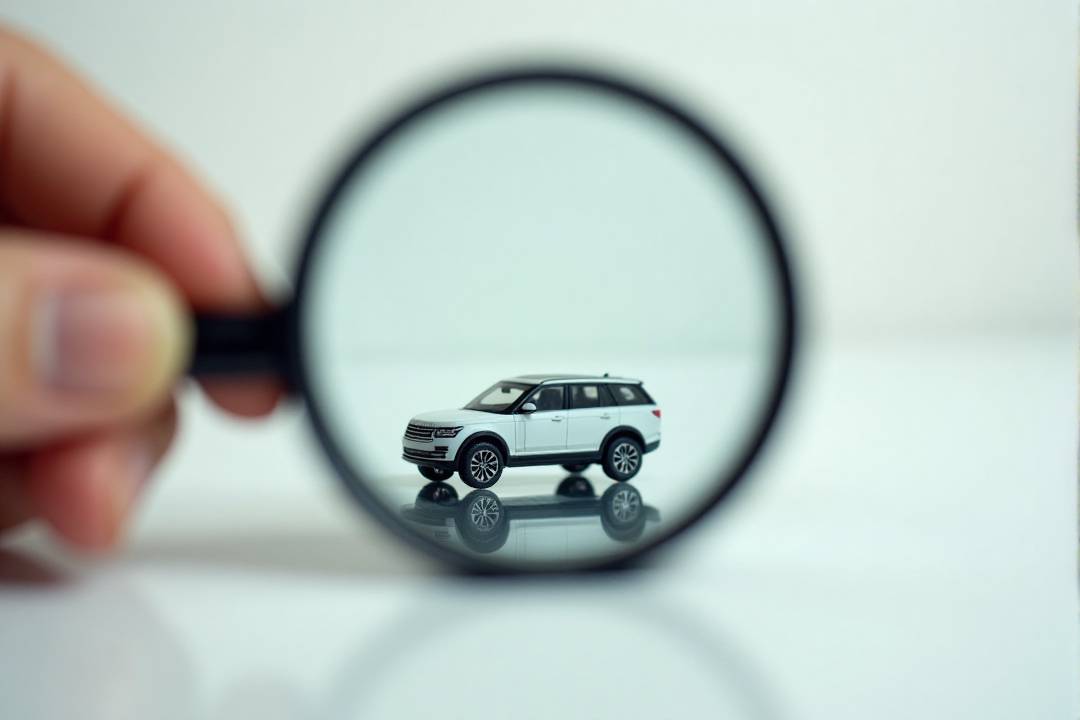UAE: How to check accident history before buying a used car
A step-by-step guide to verifying vehicle history

DUBAI: Buying a second-hand car necessitates thorough research and background checks to ensure that the vehicle is both safe and reliable.
With a myriad of options available in the vibrant UAE market, investigating a car's accident history before making a commitment is essential. This not only protects your investment but also enhances your safety on the road.
Whether you’re a seasoned car buyer or a first-time purchaser, understanding how to check a used car's accident history can empower you to make informed decisions.
What is a chassis number?
Before exploring how to check a vehicle’s accident history, it’s crucial to understand the chassis number, also known as the Vehicle Identification Number (VIN). This unique 17-digit number serves as the car's fingerprint, revealing details about the manufacturer, origin, and specific vehicle characteristics. To check the accident history, you need this number, which can typically be found on the vehicle registration card (mulkiya), on the driver’s side dashboard, or printed on the side door.
How can you check the car accident history?
Once you have the chassis number, you can easily access the vehicle's accident history through several official online platforms. The three primary sources for obtaining this information in the UAE are the Ministry of Interior (MOI), the Emirates Vehicle Gate (EVG), and TAMM (Abu Dhabi Police). Here’s a detailed guide on how to effectively use these platforms:
Ministry of Interior (MOI)
The MOI offers a straightforward method to check a car’s accident history:
- Navigate to the official MOI website.
- Enter the chassis number in the provided field.
- Complete the captcha verification and click ‘Submit’.
The system will then display any accidents registered against the vehicle, including details such as location, date, time, and the accident report number. This information is invaluable when assessing the safety of a potential purchase.
Emirates Vehicle Gate (EVG)
EVG is another reliable platform for checking vehicle histories:
- Visit the EVG website.
- Click on the ‘Traffic Accidents Management’ section.
- Enter the chassis number and click ‘Search’.
This will provide you with accident reports and specific details about any incidents the car has been involved in. It's an excellent resource for buyers looking to ensure they are making a sound investment.
TAMM (Abu Dhabi Police)
For those in Abu Dhabi, TAMM offers comprehensive access to vehicle accident history:
- Go to the TAMM website.
- Click on ‘Government Entities’ and select ‘Abu Dhabi Police’.
- In the search bar, type ‘View Vehicle Accident History’.
- Log in using your UAE Pass and enter the chassis number.
This process will yield past accident reports, providing valuable insight into the vehicle's history.
Key factors to consider
When purchasing a second-hand car, it’s essential to conduct thorough research and check for outstanding fines. Unpaid fines become the new owner's responsibility, which could lead to unexpected expenses. You can verify any dues by entering the vehicle’s plate number on the Dubai Police or RTA website.
Additionally, obtain a comprehensive inspection report detailing the vehicle’s accident history, repairs, and overall condition. If the used car was financed through a bank, ensure you secure a no-objection certificate (NOC) from the bank before proceeding with the transfer of ownership.
Why check the accident history of a used car?
Understanding a vehicle's accident history is critical in the decision-making process when purchasing a second-hand car. Vehicles that have been involved in accidents may have visible or hidden damages that can pose safety risks. By checking the accident history, buyers can uncover potential issues and gauge the overall condition and value of the vehicle.
For a more thorough evaluation, consider hiring a trusted mechanic for a pre-purchase inspection. This additional step can help identify signs of previous accidents or repairs that may affect the vehicle's performance. While this option may incur extra costs, the peace of mind it provides can be well worth the investment.